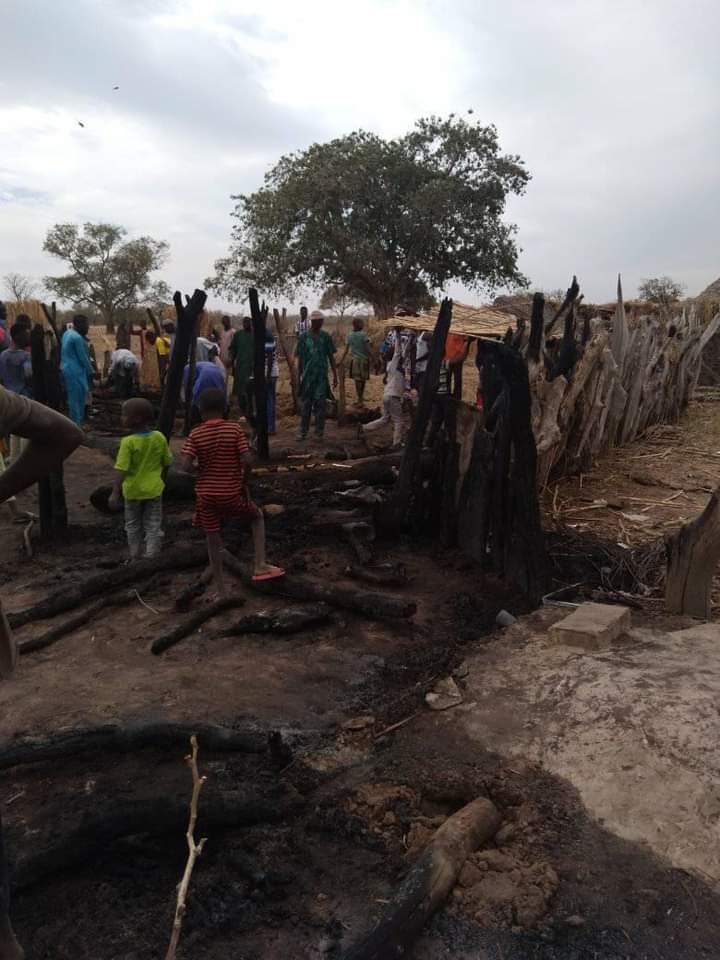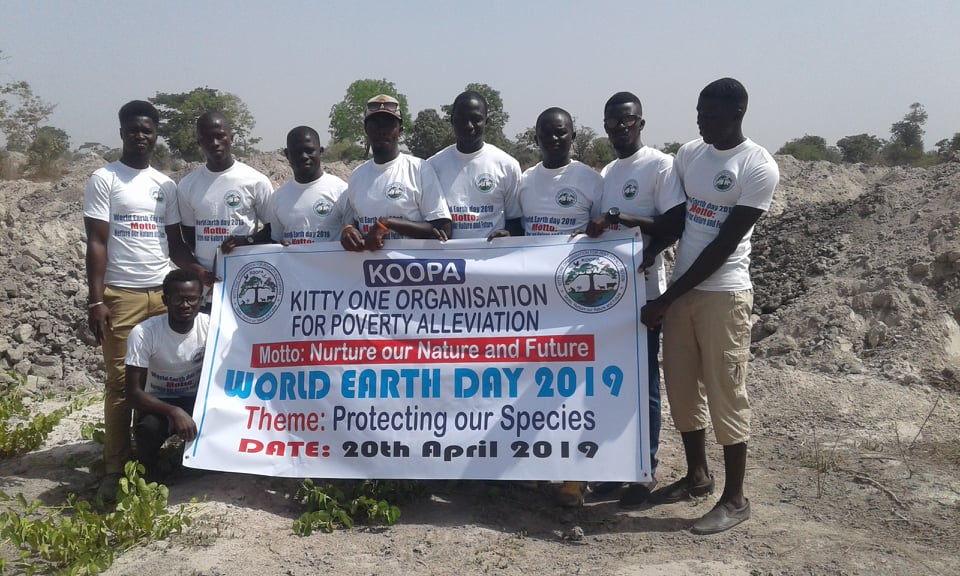By: Sheikh Alkinky Sanyang
The Deputy Executive Director of the National Environment Agency has disclosed that Climate change is one of the most serious problems facing global sustainable development, thus becoming a great concern to humanity. Whilst calling for a holistic approach in mitigation and resilient building in the midst of the adverse effects of climate change, he said the negative impacts includes an increasing frequency of extreme weather events and natural disasters, rising sea-levels, floods, heat waves, droughts, desertification, water shortages, and the spread of tropical and vector-borne diseases.
Dr. Dawda Badgie make this revelation during the official opening ceremony of a weeklong regional training program on Climate Change Adaptation and Mitigation intended to build the capacity of youth and women on climate change adaptation mitigation and risk assessment, climate change policy, and impact of green economy to create avenues for climate change advocacy at the local level at Njawara Agricultural training Center in NBR. Twenty Five (25) youths including women from the North Bank Region are currently undergoing this training Climate risk assessment, on green economy with an improved knowledge on climate change and its related impacts for advocacy at the local level.
Climate change-related impact directly and indirectly threatens the full and effective enjoyment of a range of human existence, including the rights to life, water and sanitation, food, health, home and housing, self-determination, culture and development, Dr. Badgie pointed out noting that it further threatens prospects for sustainable development and the rights of future generations. While the negative impact of climate change affect people everywhere, he said the impact is disproportionately borne by persons and communities already in vulnerable situations owing to geography, poverty, sex, age, disability, and indigenous, minority, or other status.
The poorest individuals, communities and countries that have contributed the least to greenhouse emissions often bear the greatest burden he postulated, and contextualizing this global concern he said major problems the Gambia is currently facing is high vulnerability to climate variability and climate change, exacerbated by a low capacity to address and adapt to the change.
To address climate change and its related impacts and risks require holistic approach and commitment from all stakeholders thus the need to continuously developed capacity in most vulnerable communities on advocacy. According to Dr. Badgie, this will help inform the people through youth advocates, that adapting to life in a changing climate involves adjusting to actual or expected future climates, and mitigation involves reducing the flow of heat-trapping greenhouse gases into the atmosphere.
It could be recalled that with support from the Jobs, Skill, and Finance project for youth and women, the National Environment Agency embarked on a capacity building workshop to raise the level of awareness on climate change adaptation mitigation, and risk assessment targeting youths and women advocates in the Central River Region (CRR), Lower River Region (LRR), and North Bank Region (NBR). By extension, this training will also create job opportunities for beneficiaries in their respective communities. These trained youths and women would serve as ambassadors for climate change, and create awareness on adaptation and mitigation that will envisage the culture of environmental sustainability at the grass root level.




